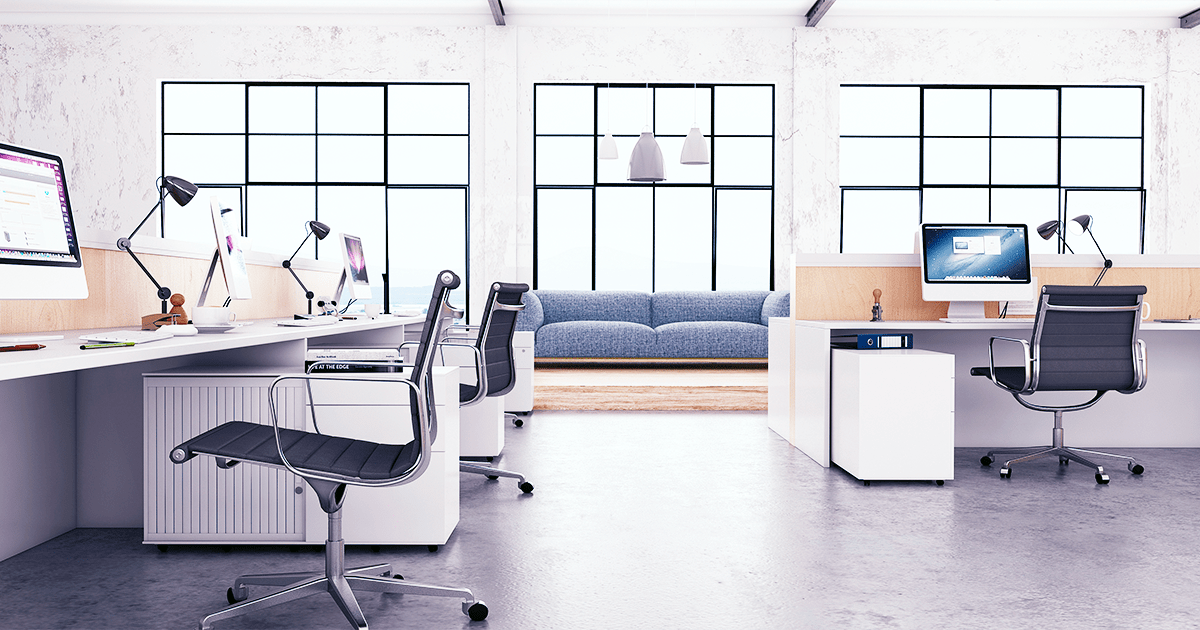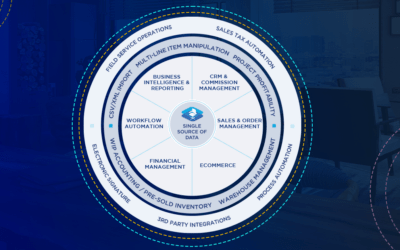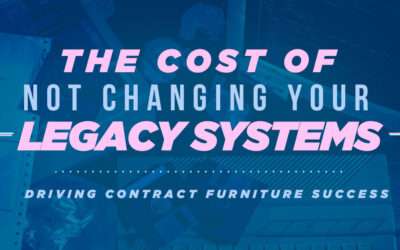The office furniture market has experienced some significant fluctuations over the last two years. After being impacted significantly during the early stages of the pandemic—when remote work replaced office work for many—the industry moved into recovery mode as companies worldwide once again began making investments in both new and existing office buildings.
In 2021, the global office furniture market was valued at over $58 billion and is on track to reach $74.7 billion by 2027. The market is expected to post a 4.1% compound annual growth rate (CAGR) during that time, with the key market drivers including increased construction activity in commercial zones and technology parks.
“In line with this, the expanding corporate sector is also propelling the market growth,” IMARC Group reports. “Furthermore, the growing number of start-ups and the increasing requirement for employment across the globe are catalyzing the demand for office furniture.” In addition, the continuous technological advancements that allow key market players to develop smart office furniture are acting as another significant growth-inducing factor.
Filling a vital need
Defined as commercial furniture that’s manufactured to meet established industry standards, contract furniture is subject to stringent testing and certification processes. Contract furniture is usually sold at wholesale prices, and includes more extensive warranties and custom options than residential furniture does.
Tasked with responding to the multiple design revisions and corresponding quotes, planning and organization that go into purchasing and installing office furniture for specific environments and applications, the contract furniture industry (CFI) makes sure that ergonomic chair, a redesign from open office to mixed use, or standing desk perfectly suits the people who use it on a daily basis.
Managing this multipronged process from concept to completion requires flexible quoting and sales tools, good project management, extensive industry knowledge, good supplier partnerships, and a unified technology system that integrates myriad functions and tasks. The problem is that many contract furniture providers run their businesses with multiple different systems and use between five and 10 different pieces of unintegrated software.
Key pain points…Solved!
Here are four key pain points that these disconnected systems cause for contract furniture dealers and how a unified, cloud-based enterprise resource planning (ERP) helps them overcome these challenges:
Pain point #1: No business intelligence
Many furniture companies lack dashboards, key performance indicators (KPIs) and accurate reports that they can use for good decision-making, forecasting and other activities.
Solution: Access to real-time business intelligence (BI) platforms
Real-time access to a state-of-the-art BI platform will help the dealer oversee the department and company with key insights in terms of performance, thus maximizing efficiency and accuracy. With NetSuite, companies can use dashboards per department and define user roles. Both dealers and manufacturers get real-time access to:
- Actionable reminders
- Interactive task and activity management
- KPIs and reports
Pain point #2: Not enough automation
It’s no secret the companies waste too much time and resources on manual work, and contract furniture companies are no exception to the rule.
Solution: Workflow builders
NetSuite’s Workflow Builders help contract furniture dealers automate sets of processes within their business systems. Dealers operate consistently and efficiently all the way from approval workflow to the automation of:
- Task creation
- Auto-execution of specific triggers
Dealers can also deploy robotics process automation (RPA), which enables the auto-creation of transactions from document formats, such as PDFs.
Pain point #3: Poor communication
Many contract furniture companies lack good communication between the manufacturer, dealer, and other key stakeholders.
Solution: Manufacturer connectors
These connectors use automation to seamlessly sync between the manufacturer, dealer and identified stakeholders. Using these communication channels, dealers can share price acknowledgements, purchase orders, order acknowledgements, quotes, customer/partner sync, and price agreements with their manufacturers without the need for emails and phone calls.
Pain point #4: Lack of optimized processes
The increase in organizational efficiency that comes from improving processes, optimization helps contract furniture dealers streamline processes, save time and increase productivity. In many cases, dealers are held back by their non-optimized processes.
Solution: Reviewed process optimization
Optimized processes can contribute to effectiveness and efficiency, thus increasing profitability within dealerships. Once their processes are optimized, contract furniture dealers:
- Will be equipped with process flows per department
- Have process owners responsible for revisiting and “leaning out” their processes
A single source of data for CFI
ERP Success Partners has fine-tuned NetSuite for the contract furniture industry with CFI Suite, which helps dealers manage their operations on a single business system, improve efficiency and scalability, decrease operational costs, and increase profitability. This unified business system includes business intelligence and reporting, customer relationship management (CRM), commission management, order management, e-commerce, financial management, and workflow automation—all from one single source of data.






